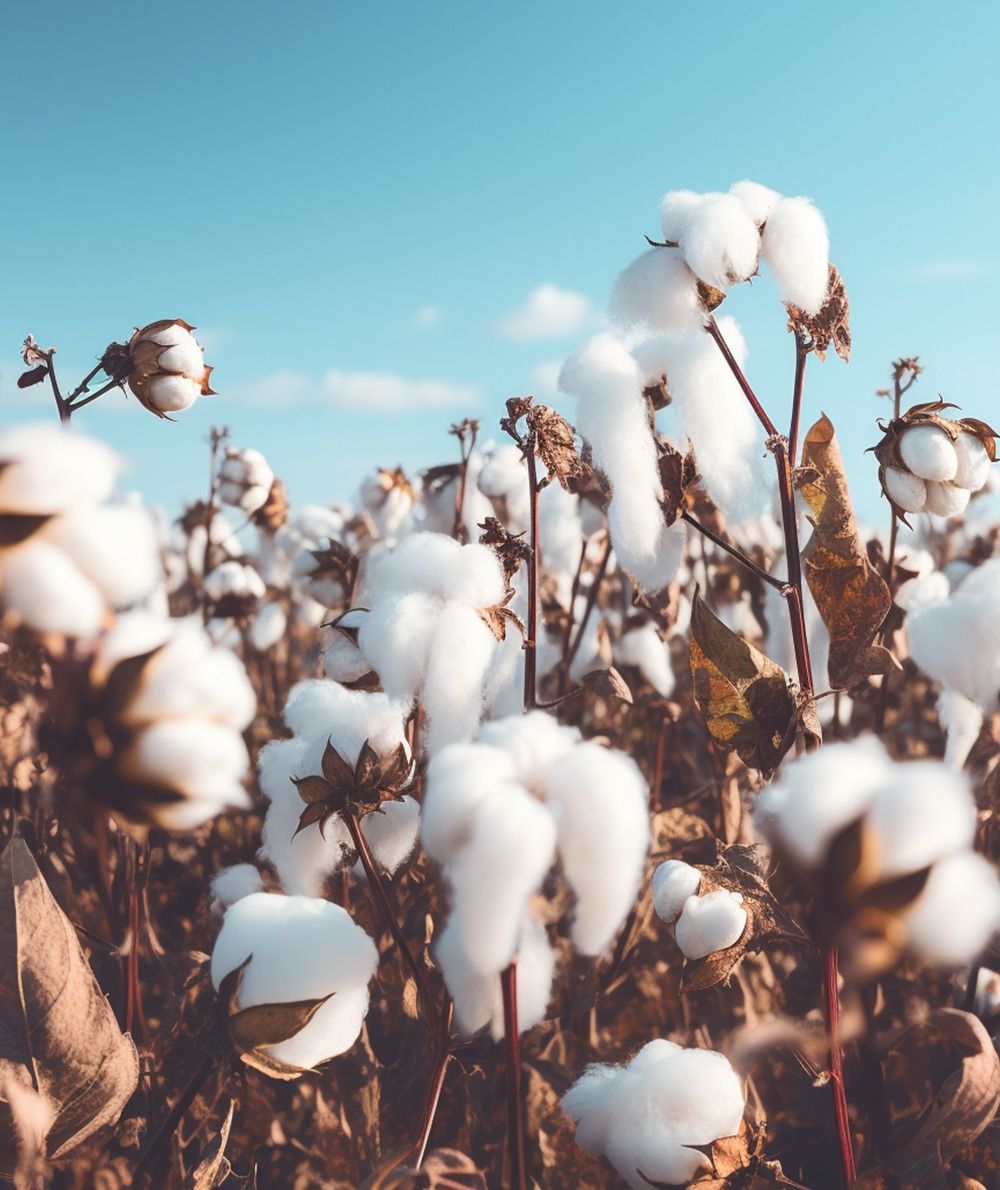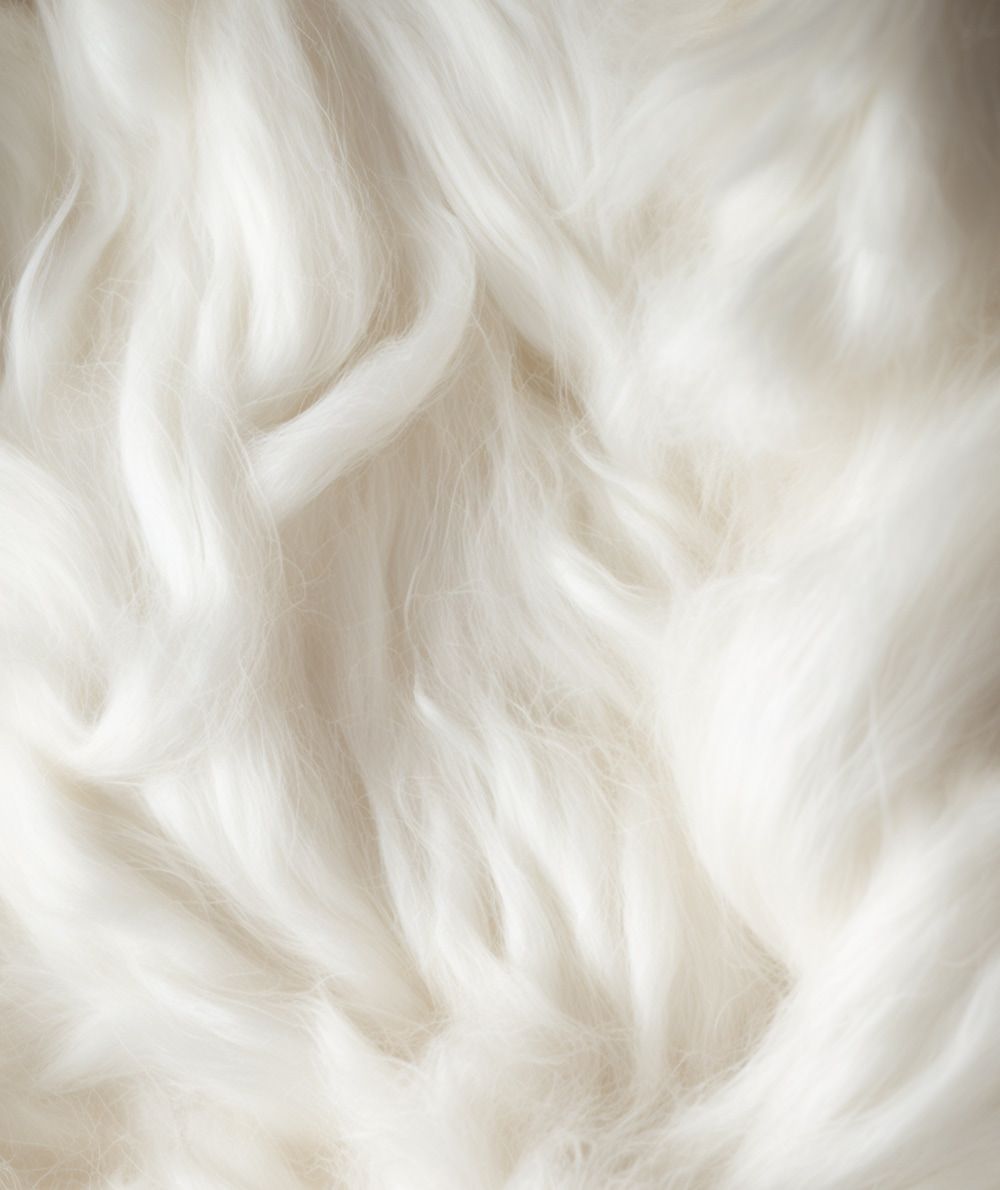
Organic Cotton
WHAT:
Organic cotton cultivation uses no synthetic fertilisers, or pesticides. This method safeguards the health of farmers, uses less water, prevents soil erosion, and helps maintain soil quality.
WHY:
Cotton is a natural fibre that produces an extremely durable fabric. Its natural origins make it a renewable resource that decomposes easily in both land and water-based environments, without contributing to microplastic pollution.

Recycled Cotton
WHAT:
Recycled cotton is a sustainable fabric option that can be sourced from pre- and post-consumer waste, including factory offcuts and discarded garments. Blending it with other fibres creates a durable and sturdy fabric that lasts.
WHY:
Producing conventional virgin cotton is environmentally costly. Cotton’s average water requirement is 6-7 million litres per hectare, meaning a kilo of cotton can use between 3,000 to 22,000 litres of water, depending on how much rainfall occurs and the cultivation method used.
Recycled cotton offers a sustainable alternative that uses fewer resources, extends the life span of the fibre, and maintains the same soft feel as regular cotton.
WHERE WE ARE HEADING:
We have established GRS and GOTS certified cotton as our preferred cotton fibre and use only certified cottons in our uppers and laces.
We also aim to eliminate all bamboo blends as the process of taking this fast-growing stalk and turning it into viscose is a chemical-laden process.
USED IN:
Shoe uppers, shoe linings, footbed top sheets and laces.

